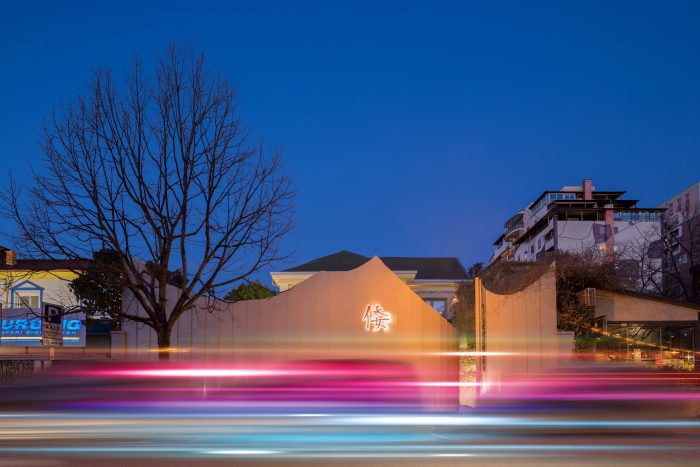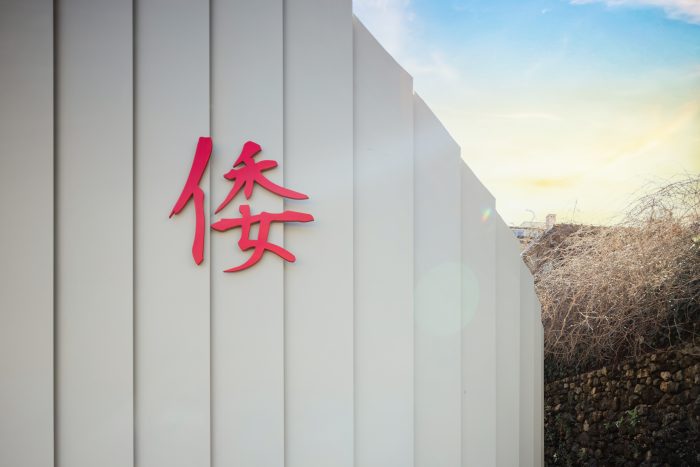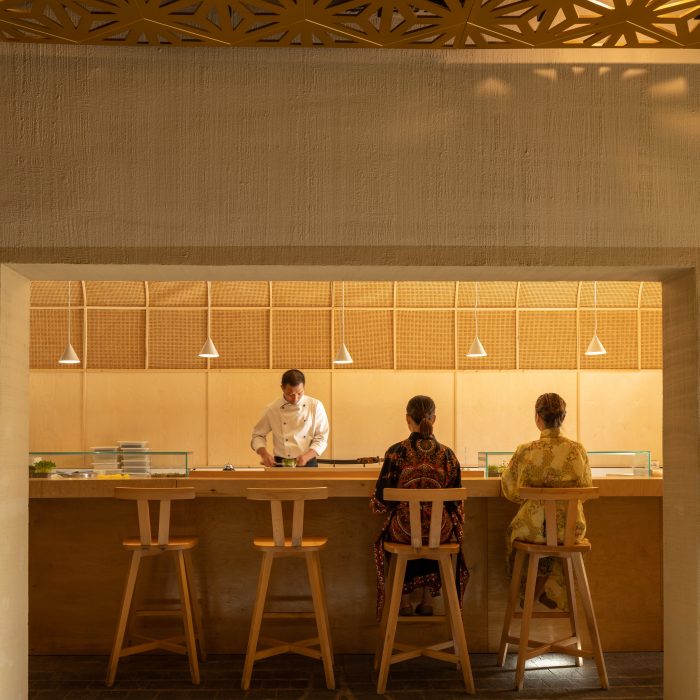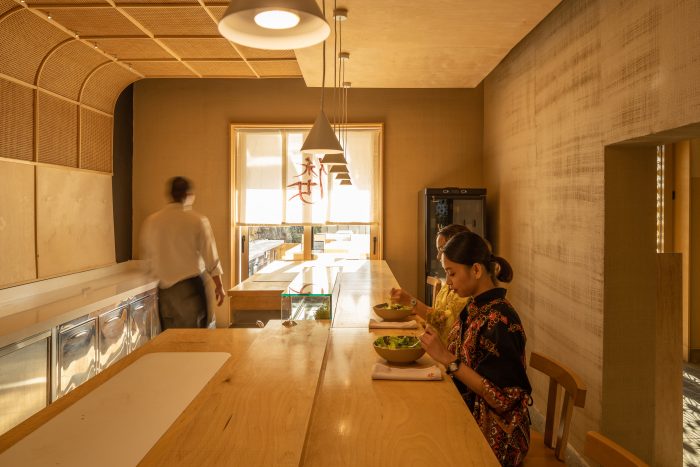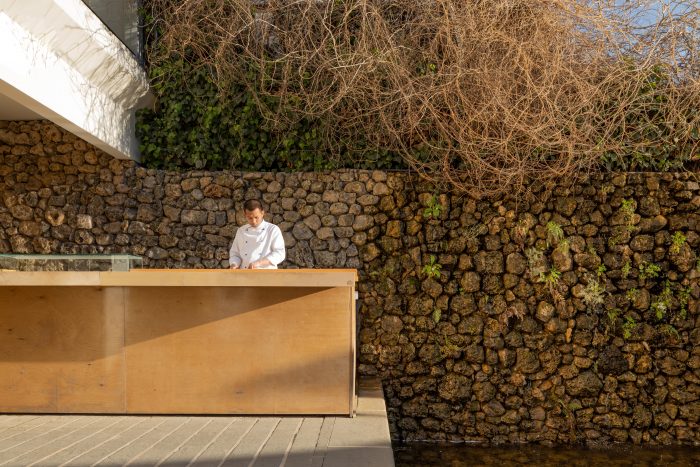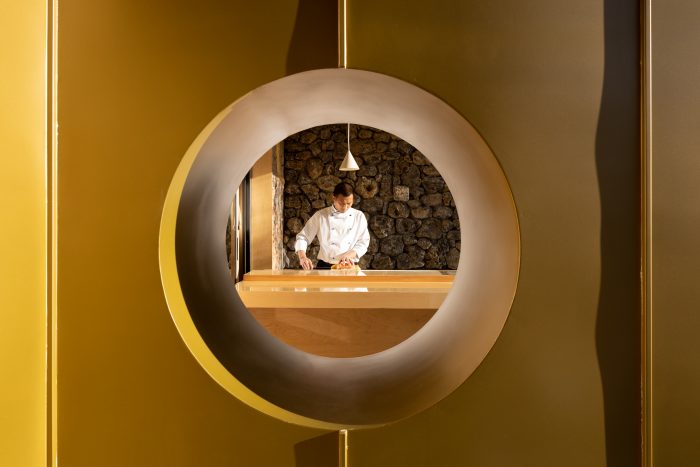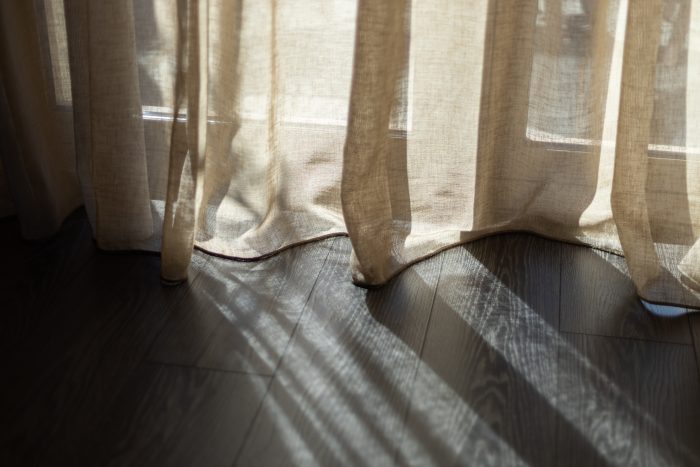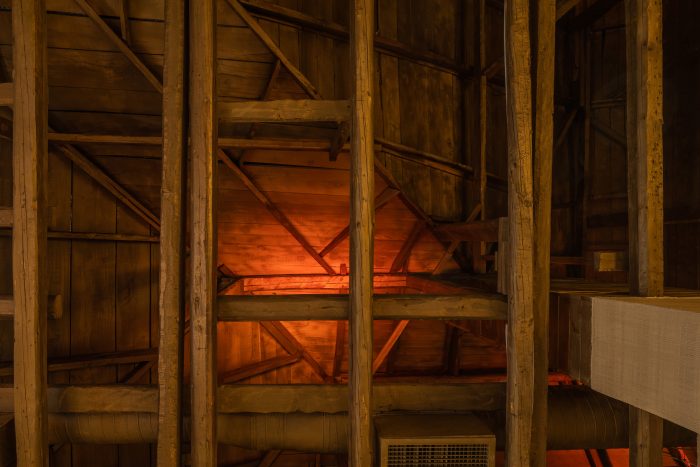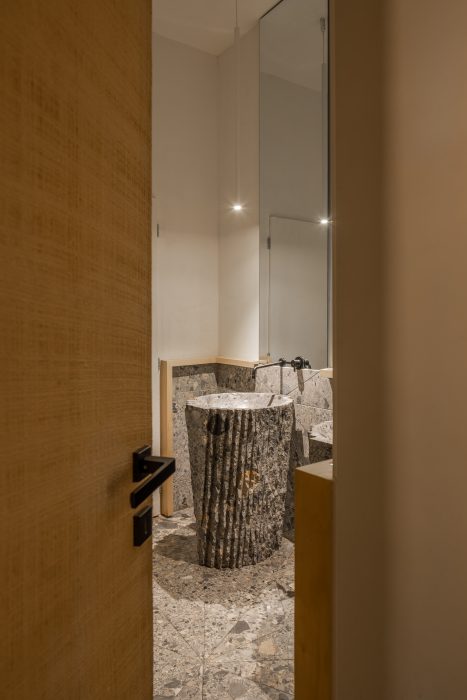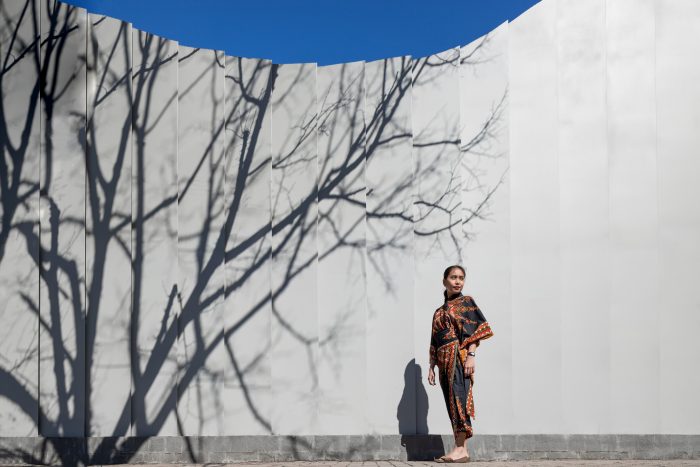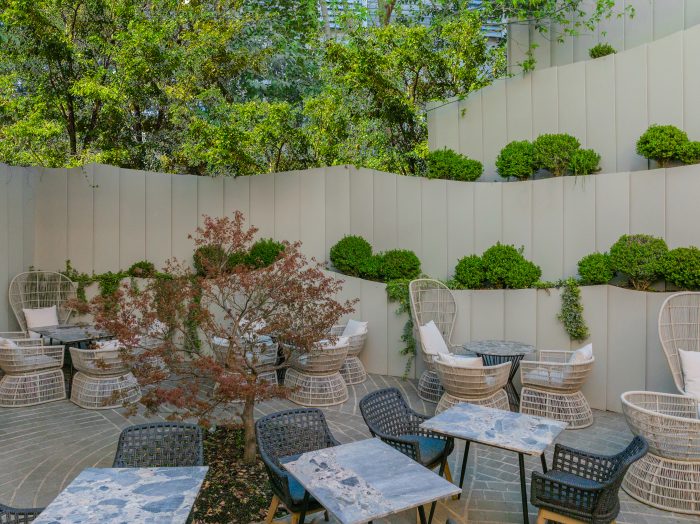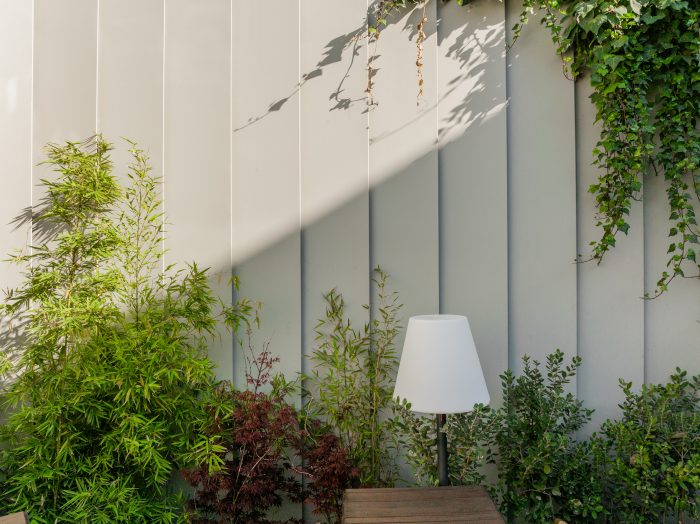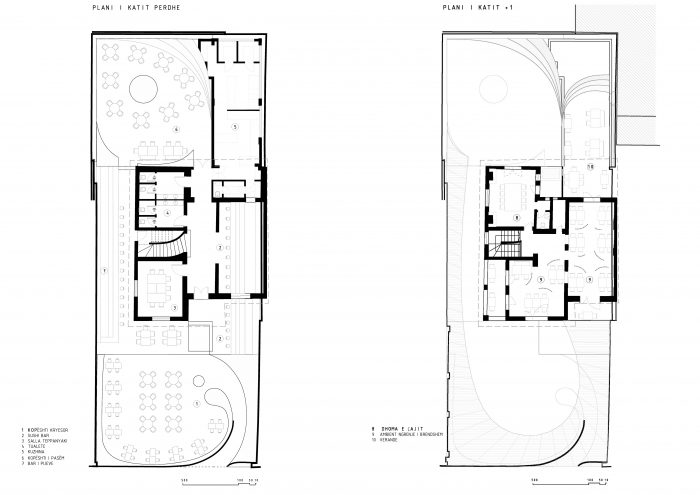Të dhëna mbi projektin
-
Studio
VARKA arkitekturë
-
Arkitekti
VARKA arkitekturë
-
Faqja e Arkitektit
-
Tipologjia
Hospitality Architecture, Interior Design
-
Statusi
Completed
-
Viti i ndërtimit
2021
-
Photography
Leonit Ibrahimi
-
Ekipi
Dorian Tytymçe
Florian Pollo
Rudina Kazazi
Suela Dyrmishi
Branka Kallogjeroviç
Isra Hyka
Amarildo Isufi
Përshkrimi
Vila Yamato is the project of a restaurant with Japanese identity and roots, brought to the heart of the urbanity of a Mediterranean city like Tirana, around and inside a historical building with its long history badly interpreted in the last 30 years. The fragile balance of complementing two cultures and mentalities so distant, conceptually, turned into the main challenge of our approach!
The concept started from the questions we asked ourselves such as: opening or closing to the city, immediate appearance or deep exploration, all-indicative visuality or semi-transparency selected, well-curated or the sincerity of the traces of time, and a contextual philosophical bed for that fantastic culture on which the unique atmospheric experience is planted!
The chosen intervention on the reconstructed object, instead of adding further, actually removes and strips it of all the layers added to the object one after the other in the various life cycles during the transition (often poorly done and tasteless), to turn it into what the object actually is in essence, the tectonics of the constituent elements with the essential sincerity of the unique history of its construction, with the craftsmanship but also the imperfections of the hands of the workers who built it about 100 years ago. With this minimalist decision that starts from the outside and continues coherently inside, at the same time a fantastic presence of the natural materials of wood and terracotta was achieved that not only connects the object with the land from which these materials came, but also shows the history of the construction of his uncomplicated, complete authenticity.
The Japanese have a very interesting philosophy in their folklore about how they think about old and imperfect, or damaged or broken objects, and how they approach them. They don't try to redo or hide the imperfection, but on the contrary, they try to repair it more carefully and elegantly with a precious material that actually highlights even more in a dignified way the new life of the object and its history. This practice within the philosophy of Wabi-Sabi is called Kintsugi.
Wabi-sabi is the Japanese philosophy that finds beauty in imperfection, in incomplete and temporary things. The unconventional beauty in wabi-sabi lies in the graceful aging of the material and the story it authentically tells. The aesthetics of this world view is expressed through the irregular, organic and precious forms of natural corrosion in raw natural materials. Wabi-sabi does not follow the conventional hierarchy of material appreciation, but sees value in the evidence of the history internalized in the object, in its fragility and impermanence. At the heart of this philosophy lies simplicity and the expression of elegance through noble modesty.
Villa Yamato invites for an exclusive experience respecting the context of the city in a selective way. The surrounding mantle of the garden as a perimeter ear, inspired by the close relationship of Japanese culture with the sea and their artistic interpretation over the centuries, separates the sounds of the city with the silence of personal experience emphasizing the intimacy of this ceremonial. The deliberate framing of the beautiful and natural gives way to charm through the materials.
Vendndodhja
Rruga Papa Gjon Pali Ii 2, 1000 Tirana, Albania

